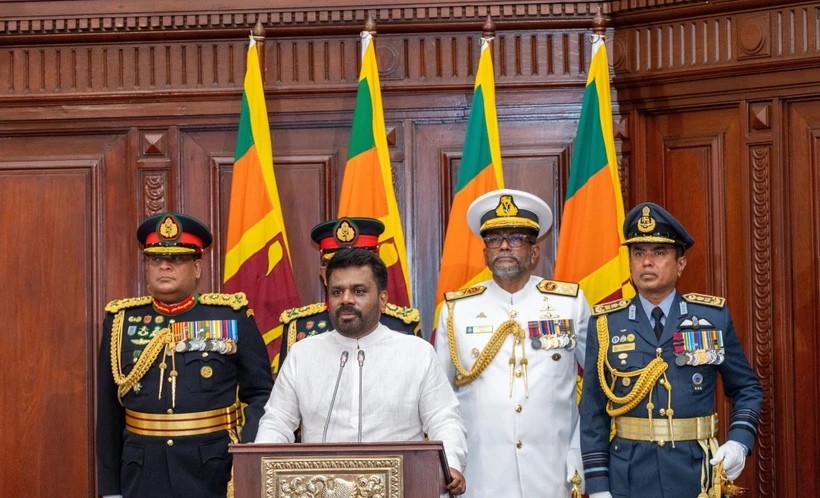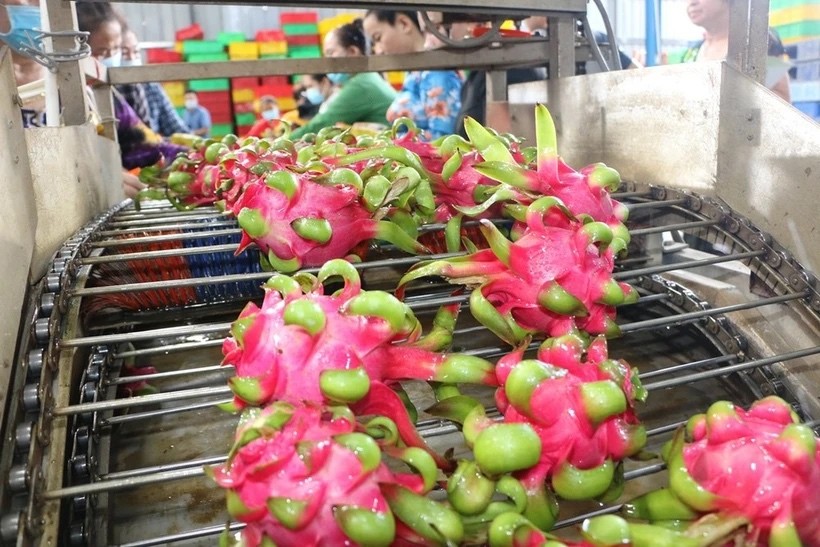Soft Power in the Era of Nation's Rise - Part 3
Tackling Challenges to Promote Vietnamese Culture as Soft Power in the New Era
| 'Soft Power' of Vietnamese Foreign Affairs | |
| Promoting Culture Seen as Key to Enhance Soft Power by Many Countries |
The promotion of the soft power of Vietnamese culture faces several fundamental challenges:
Risk of Cultural Identity Erosion in International Integration: While the process of international integration offers significant opportunities for cultural exchange, learning, and creativity in Vietnam, it also poses the risk of eroding traditional cultural identity. International pop culture, particularly from countries with advanced entertainment industries, can easily permeate all social classes through media and social networks. This influence affects tastes and lifestyles, especially among young people, potentially diminishing the unique cultural values of Vietnam without timely measures to preserve and promote them.
Lack of Resources and Infrastructure for Long-Term Cultural Projects: Cultural development necessitates substantial investment in both finance and infrastructure, including museums, libraries, art centers, and digital cultural infrastructure. However, the cultural sector in Vietnam faces many resource constraints. Numerous cultural projects, particularly those aimed at conserving tangible and intangible cultural heritage, lack long-term investment, leading to the degradation and decline of cultural values. Additionally, funding for cultural initiatives is often unstable and heavily reliant on the state budget or international funding, limiting the capacity to implement and sustain large-scale cultural programs.
Challenges in Developing Digital Culture and Applying High Technology: In the age of technology, incorporating high technology into the cultural sector not only helps preserve cultural values but also enhances accessibility. However, Vietnam faces several challenges in developing digital culture, including a shortage of specialized human resources, appropriate technology, and investment costs. Digital cultural databases, digital platforms for cultural heritage, and online cultural applications have not been widely deployed, limiting the promotion and preservation of Vietnamese culture in the digital space.
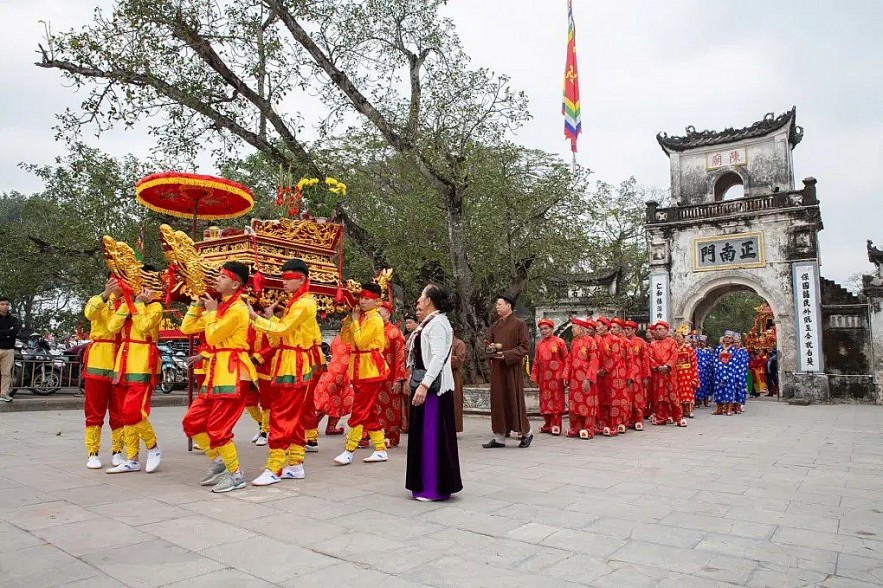 |
| Photo: Tuyengiao.vn |
To ensure Vietnamese culture truly harnesses its role as soft power in this new era of national growth, we propose the following key solutions:
First, we need to promote cultural education for citizens from an early age.
Early cultural education lays a crucial foundation for fostering awareness of cultural values and identity. By integrating cultural content into the curriculum from primary to high school, we can help the younger generation understand and appreciate national cultural values. Additionally, extracurricular activities like visiting museums, participating in traditional cultural festivals, and learning folk arts effectively educate and cultivate a love for national culture. Promoting cultural communication on popular social media channels among young people is also an effective way to connect and create widespread awareness.
Second, it is necessary to build international cooperation programs on culture.
In the globalized context, international cooperation in culture is a powerful tool for Vietnam to both preserve its cultural heritage and assimilate progressive values from other cultures. Such programs enhance cultural understanding and relationships between countries, providing Vietnamese artists and cultural creators with access to new technologies, ideas, and international promotion platforms. Collaboration with UNESCO and other international cultural organizations can also offer technical support and necessary resources for preserving intangible cultural heritage and promoting Vietnamese culture globally.
Third, focusing on developing high-quality human resources for the cultural sector is crucial.
To achieve sustainable development in the cultural sector, it is essential to focus on training high-quality human resources. Cultural experts, researchers, and artists should be equipped with deep knowledge and modern cultural management skills, blending traditional elements with new technology. Training should encompass both traditional fields like history, ethnology, and art, as well as new areas such as cultural technology, digital media, and heritage management. Scholarship programs, academic exchanges, and short-term training courses in collaboration with developed countries are viable solutions to enhance the capacity of cultural human resources.
Fourth, it is necessary to develop technological infrastructure and digital transformation for culture.
Incorporating digital technology into cultural preservation and promotion is an inevitable trend. Investing in technologies such as virtual reality, augmented reality, and artificial intelligence will facilitate the digitization of cultural heritage, allowing people to access and experience cultural values online. Furthermore, developing a national cultural database system can provide an online platform for museums, libraries, and cultural organizations to share cultural documents, images, and videos with the public. Effective digital technology projects in the cultural sector require coordination between the State and private organizations to increase resources and develop efficient cultural promotion platforms.
In the era of national development, culture has emerged as a vital resource, serving as both a source of national pride and a connector that supports all areas of development. The soft power of culture enables Vietnam to affirm its unique identity, leave its mark on the global stage, and unlock potential diplomatic, economic, and educational opportunities. Culture acts as a bridge, uniting people and fostering national spirit in the context of deep integration.
For culture to become a driving force for sustainable development, it is essential to invest in, preserve, and promote cultural values. Building a strong policy foundation, encouraging cultural creativity, and applying digital technology to heritage conservation are strategic solutions that allow culture to flourish. More than ever, investing in culture means investing in the nation's future, ensuring that Vietnam not only advances economically and socially but also maintains its identity and asserts its soft power in an era of global integration.
|
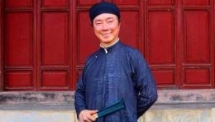 | Ambassador Pham Sanh Chau: Cultural diplomacy helps to duplicate nation’s soft power Having been to more than 100 countries and thus having lived, studied and worked for dozens of years abroad, veteran diplomat Pham Sanh Chau has ... |
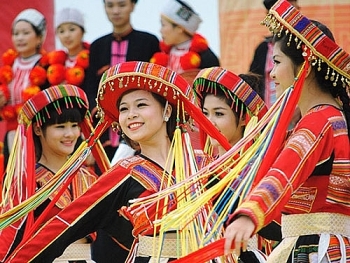 | National Territory Protected Against Emerging Soft Powers In The Flat World The world’s constantly-changing order, as well as the latest development in the information technology era, have entailed changes in awareness, border management and national territory. ... |
Recommended
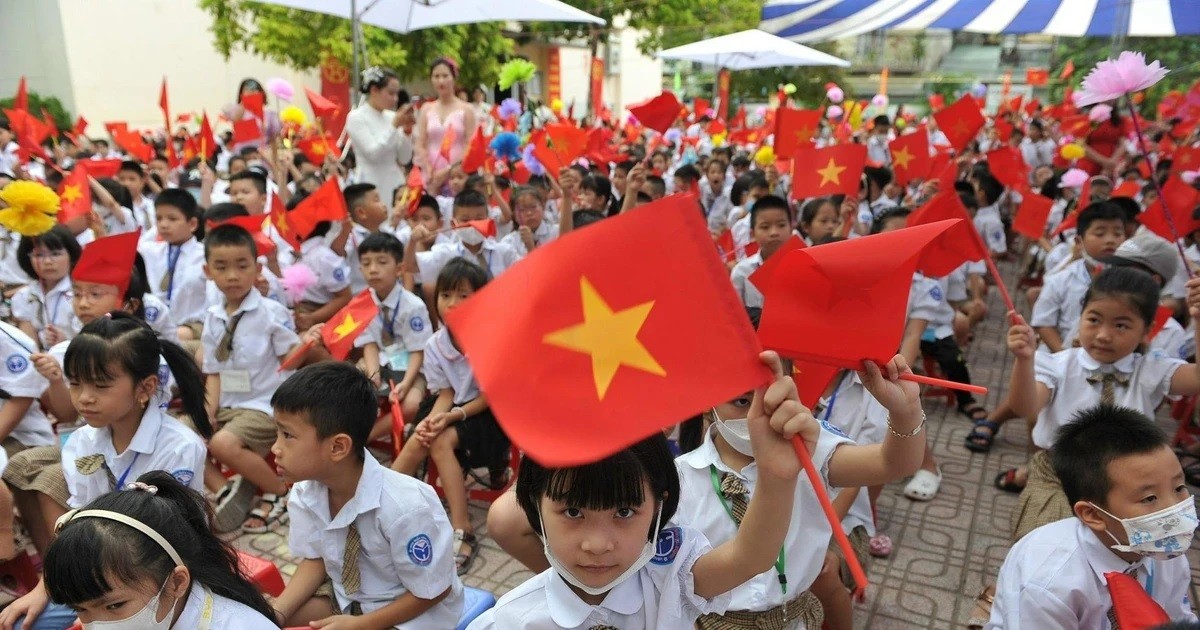 Viet's Home
Viet's Home
Vietnam's Human Development Index Remains High
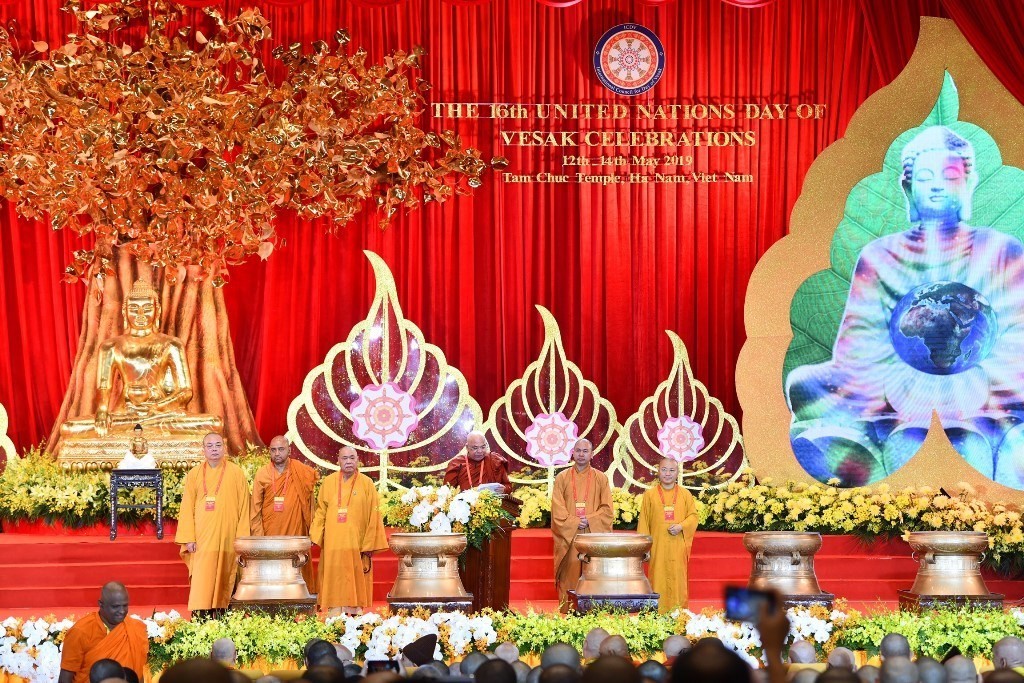 Viet's Home
Viet's Home
Vietnam’s Mark on UN Day of Vesak Celebrations
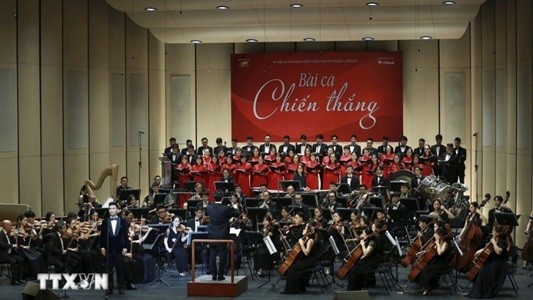 Viet's Home
Viet's Home
Art Program Spreads Message of Peace Worldwide
 Expats in Vietnam
Expats in Vietnam
Look Forward to New Developments in Vietnam - US Relations
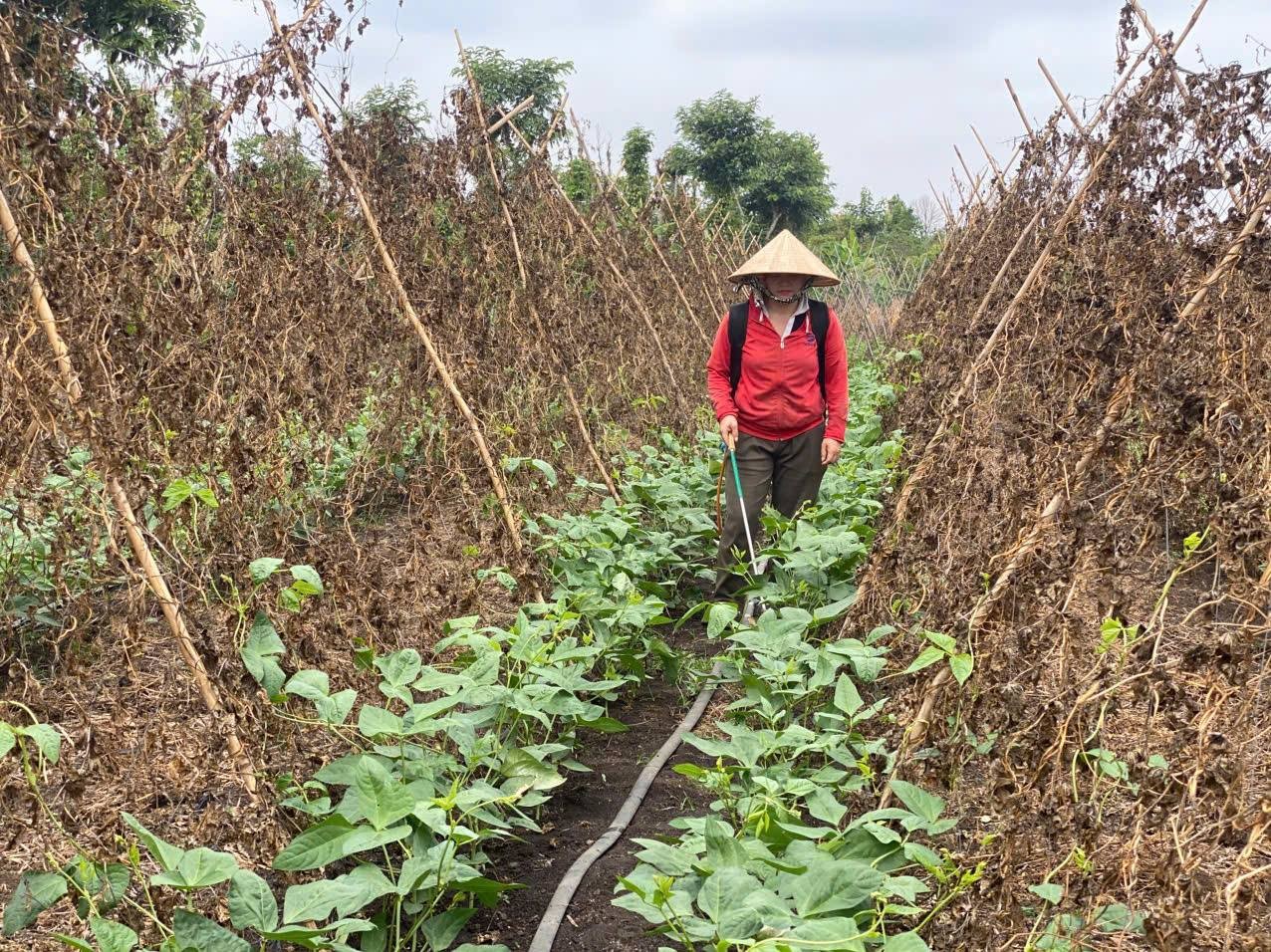 Viet's Home
Viet's Home
She Feeds the World: 8,000 Individuals Adopt More Sustainable Agricultural Practices
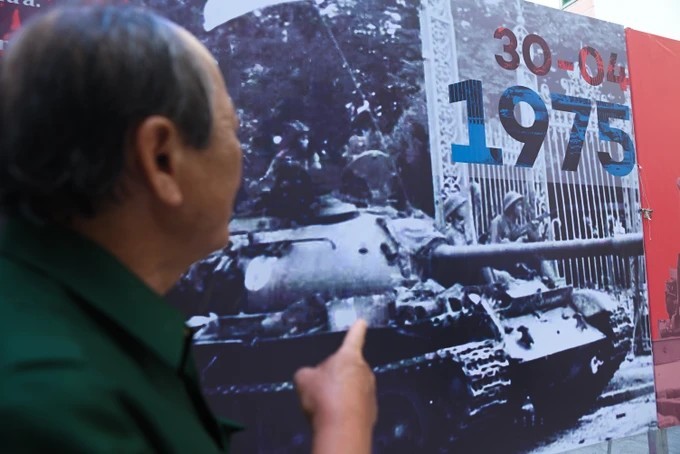 Viet's Home
Viet's Home
Over 200 Valuable Documents Displayed at 'Mountains and Rivers Connected One Strip' Exhibition
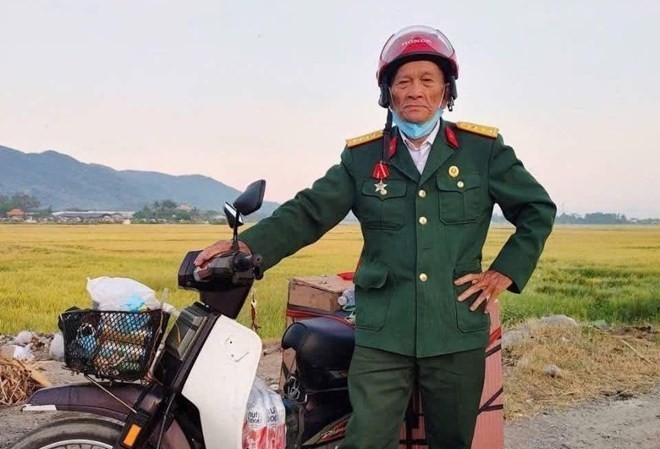 Viet's Home
Viet's Home
Latin American News Agency Prensa Latina Shares Story of Vietnamese Veteran’s 1,200km Journey Back to Former Battlefield
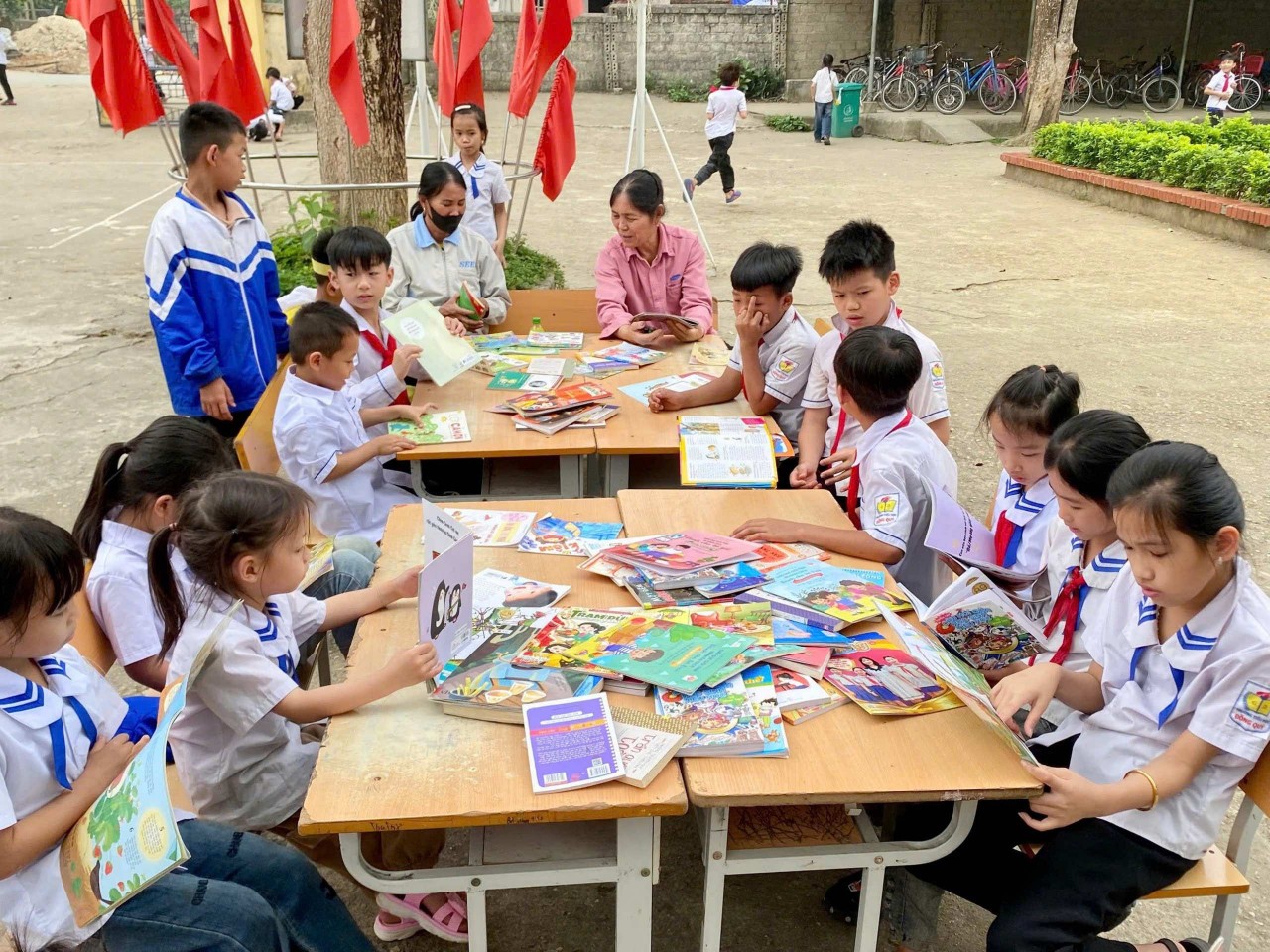 Viet's Home
Viet's Home

